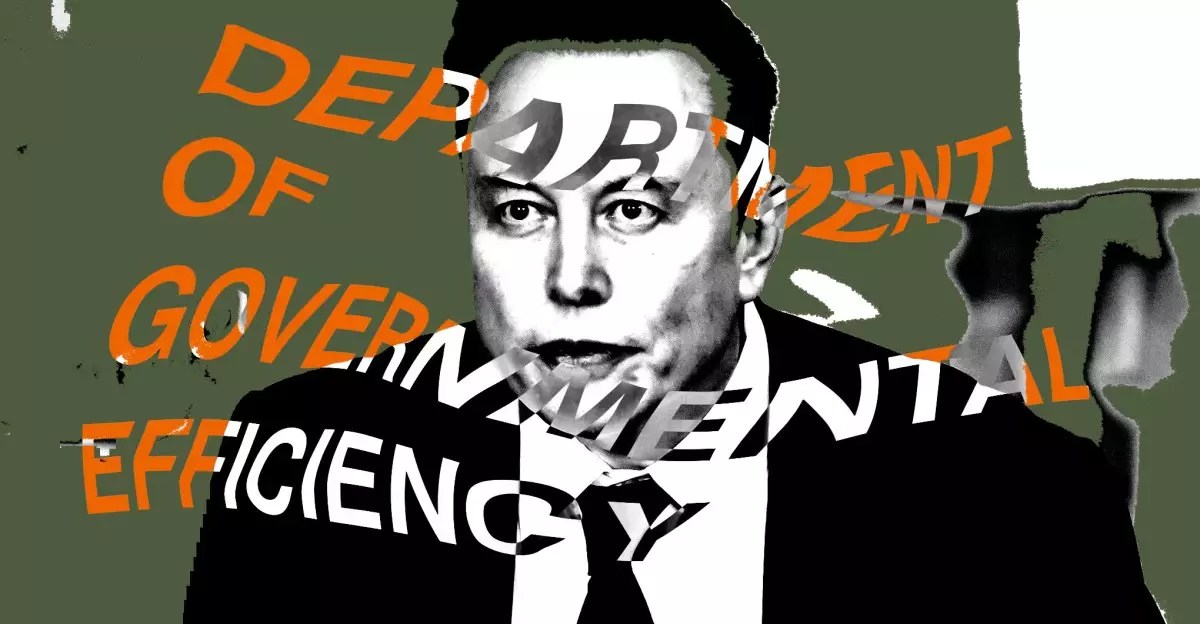The recent directive issued over a weekend email has sparked considerable debate regarding its legality and implications for federal employees. On a seemingly routine Saturday, federal workers received an unusual request from the Office of Personnel Management (OPM) demanding a report on their accomplishments from the preceding week. The deadline for these submissions was set for the following Monday night, generating immediate concern and confusion among those who received the notice. The request, reportedly prompted by remarks from Elon Musk, aims to assess the productivity of government workers but raises critical questions about the administration’s authority and direction.
Musk’s involvement in this matter is not merely coincidental. According to the New York Times, he hinted at the impending email through a tweet, suggesting that failure to comply would be construed as a resignation. This claim has been met with significant backlash from legal experts, who argue that such a stipulation has no grounding in civil service law. Musk’s approach mirrors his contentious management style exhibited during his tenure at Twitter—where lax standards and demands for immediate feedback were common. His stepping into what many perceive as a managerial role within federal structure is, to many, alarming. This incident is just the latest example of how Musk’s corporate ethos might permeate governmental operations.
The legal ramifications of the email directive are at the forefront of the discussion. Critics, including university professors and lawmakers, have voiced their concerns about the potential violation of federal laws. Sam Bagenstos, a law professor at the University of Michigan, declared that there is “zero basis in the civil service system for this,” arguing that employees cannot be coerced into compliance in such a manner. House Minority Leader Hakeem Jeffries characterized Musk’s actions as a form of intimidation, indicating that the emotional stress inflicted upon federal workers and their families is unwarranted and detrimental.
As this situation unfolds, it raises broader questions about the future of federal employment and oversight. The idea of measuring governmental efficiency through emails and bullet points is not new, but the stakes appear significantly elevated under Musk’s influence. His attempts to apply corporate standards to governmental roles could undermine the protective structures that have historically safeguarded federal workers.
Furthermore, there are urgent inquiries about transparency and accountability in this new system. If Musk claims to be “rooting out fraud” without providing substantial evidence or a clear framework, this raises serious ethical issues regarding how such initiatives may affect the morale and productivity of the workforce.
The email directive from OPM, fueled by Musk’s controversial rhetoric, illustrates the precarious balance between innovation and legality in government operations. As federal employees ponder the implications of their responses, the discourse surrounding this issue underscores the complexities of integrating corporate strategies within public administration. The outcome of this incident may well redefine expectations for accountability in federal workplaces, requiring careful scrutiny about the potential ramifications for the workforce at large.


Leave a Reply